Google offers two great services that can be used to use English - Using Google News and Google N-Grams. They offer a lot of tools that a regular dictionary doesn't. For example, they can tell you which English words and phrases are more common/useful.
Using Google News
First, go to "http://news.google.com"
Then select the version that you want. I recommend "U.S. Edition" but if you are working with people in Canada or the UK, select those editions instead.

Then, choose a few phrases to type into the search bar. For example, maybe you don't know which is correct: "get in the bus" or "get on the bus." First, type "get in the bus" into the search bar. Make sure you use quotes ("").
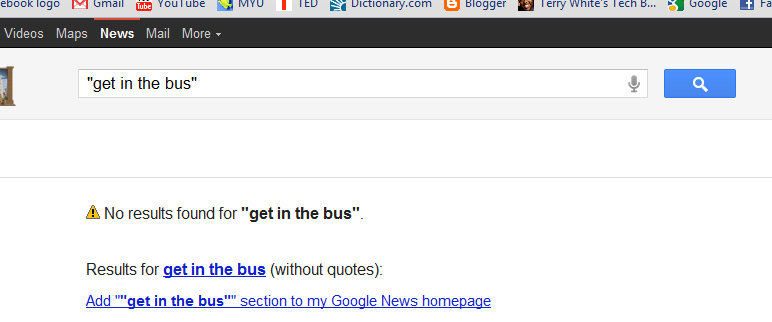
Notice that there are "No results" - this phrase must be wrong. Next, try "get on the bus."
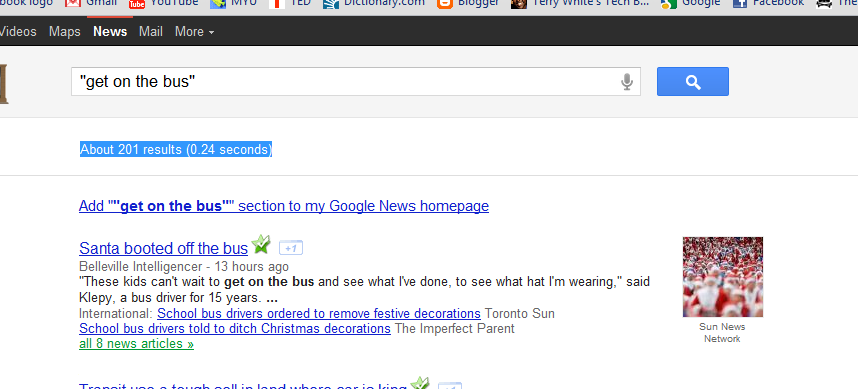
Now you have 221 results. In the results, you can see lots of examples of this phrase.
Using Google N-Grams
Google N-Grams searches millions of English books to display how common words and phrases are.
First, go to "http://books.google.com/ngrams"
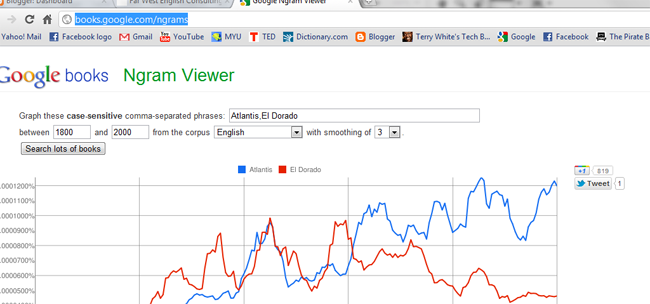
You can select any time period that you want. Then, choose a few phrases to type into the search bar. Try [get in the bus, get on the bus] but this time don't use quotes.
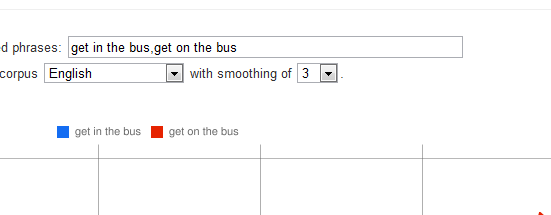
We can clearly see which phrase is more common. We can also see that the phrase became more and more popular starting around 1930.
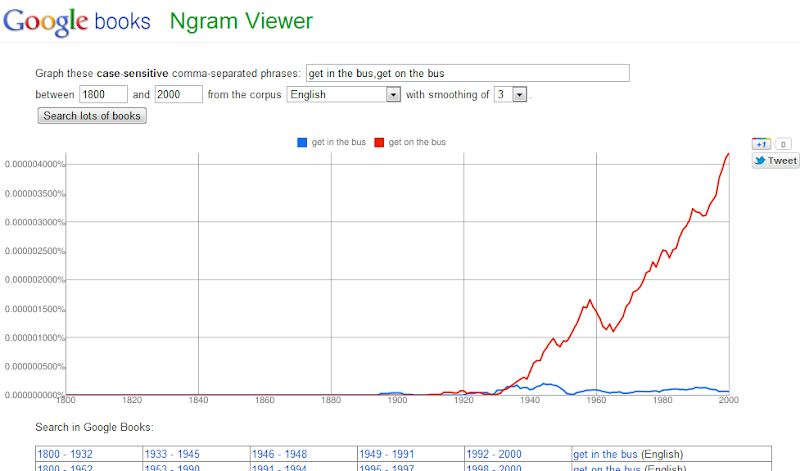
You can also compare words to see how common they are. For example, click here to see all the most common prepositions: of, to, in, for, on, at. You can clearly see how common they are.







